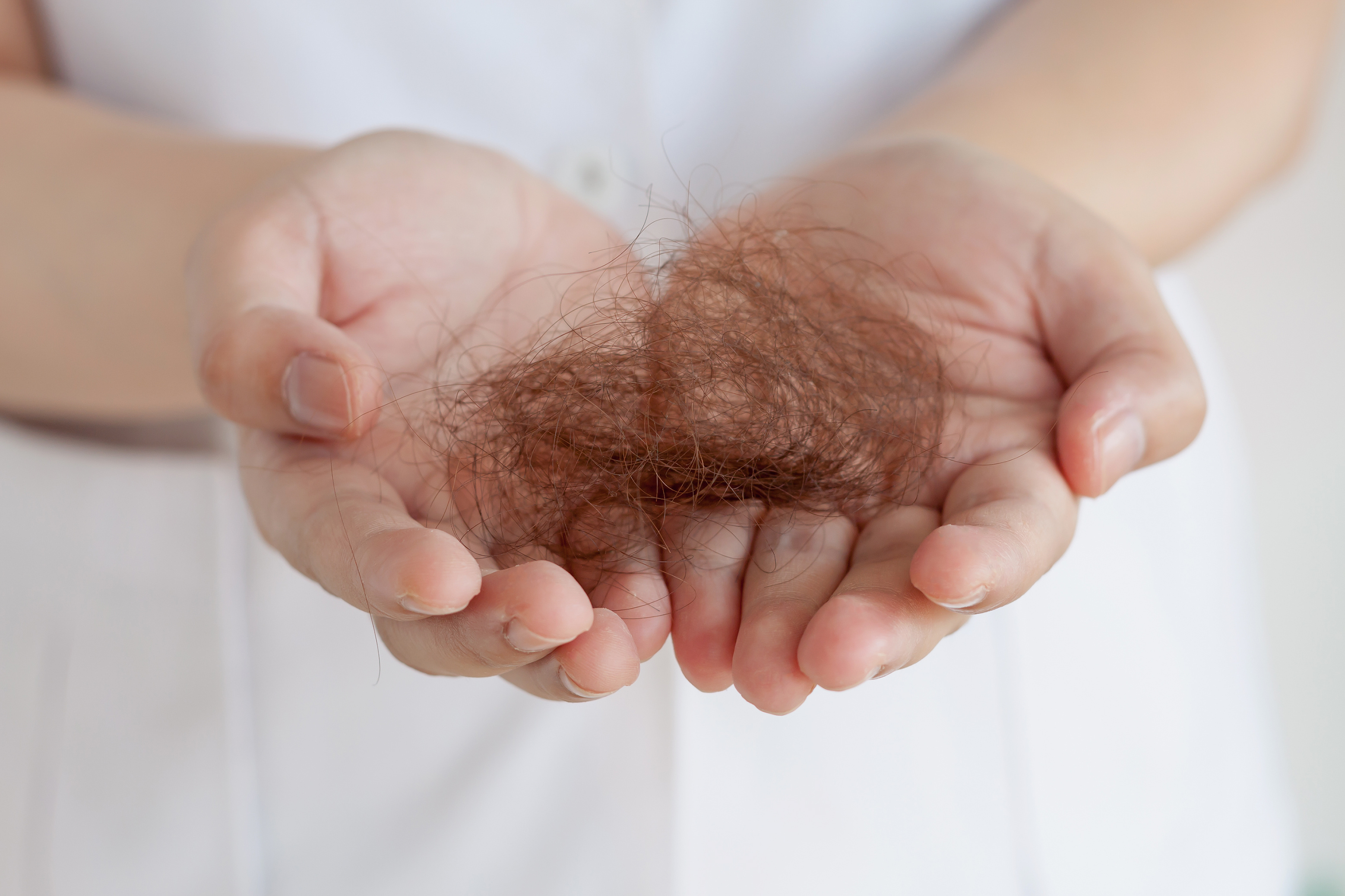
In a review published by King and Craiglow in the Journal of the American Academy of Dermatology, investigators offered an overview of the use of Janus kinase (JAK) inhibitors in patients with moderate-to-severe alopecia areata. The investigators emphasized that although alopecia areata is often refractory to treatment, JAK inhibitors can influence the activity of disease drivers and promote hair regrowth. Two clinical trials of baricitinib demonstrated that 2 mg and 4 mg doses of the agent resulted in a respective 23% and 39% of patients achieving ≤ 20% scalp hair loss after 36 weeks of follow-up. Similarly, in a clinical trial of ritlecitinib, 40% of patients who received 50 mg doses achieved ≤ 20% scalp hair loss after 48 weeks of follow-up. Conversely, topical JAK inhibitors—such as ruxolitinib 1.5% cream, delgocitinib ointment, and tofacitinib 2% ointment—have shown a lack of efficacy in clinical trials. Several small studies have analyzed the potential of oral JAK inhibitors such as tofacitinib and ruxolitinib; however, larger-scale, randomized studies may be needed to determine the efficacy of the agents in this patient population. After receiving respective U.S. Food and Drug Administration (FDA) approval in 2022 and 2023, baricitinib and ritlecitinib may help advance the treatment and understanding of alopecia areata—as well as pave the way for the approval of future therapeutics with novel mechanisms of action—in this patient population.